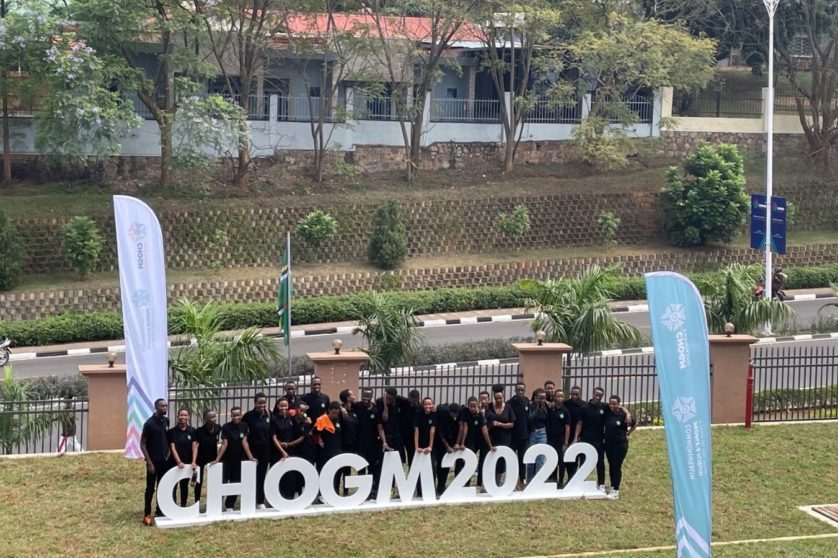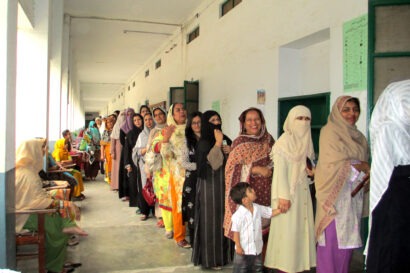As leaders meet at the Commonwealth Heads of Government Meeting (CHOGM), this week in Kigali, Rwanda, they have an opportunity to focus their attention on the big development challenges of our time. Taxation might not be the first thing that comes to mind as business, civil society and governments discuss this year’s theme “Delivering a Common Future: Connecting, Innovating, Transforming”. Yet, it is central to delivering much of the transformative change on the agenda in Kigali, from increasing women’s economic participation to youth entrepreneurship.
Entrepreneurship and youth
Any economic activity has a tax angle, which can be quite central to decisions taken by both businesses and individuals. In contexts where young people are encouraged to be entrepreneurial, like in Rwanda, starting a new business entails overcoming potentially significant administrative barriers and acquiring new knowledge on how to navigate the tax system.
The International Centre for Taxation and Development’s (ICTD’s) research in Rwanda shows that new businesspeople have very low levels of knowledge about the tax system and often feel confused about the administrative procedures to register and file taxes. The Rwanda Revenue Authority has been able to mitigate these issues through various communication and information initiatives, including a taxpayer education program for new taxpayers. Such programs have been shown to substantially increase knowledge, to decrease their perceptions on the tax system’s complexity, and to improve new firms’ compliance behaviour. However, these programs still have limited reach and should be complemented by similar efforts from civil society.
Greater tax knowledge, particularly among on women and youth, can empower these groups to engage more effectively with governments and keep them accountable. These are all themes that are featuring centrally in this weeks’ CHOGM discussions.
Women’s economic empowerment
CHOGM also includes a series of events under the Commonwealth Women’s Forum, looking at ways to empower women and improve their participation in entrepreneurship and economic life. Taxation is central to achieving those goals: women-led businesses might be discouraged from growing and formalizing because of complex tax procedures and heavy informal payments burdens, such as the tax-like user fees and payments documented in recent ICTD research. Similarly, women may be deterred from joining the labor force, and move away from unpaid work at home, if the tax system bears too heavily on them – or even unfairly, as described in this recent IMF paper.
These biases are not generally inherent to the tax system: tax laws typically do not discriminate directly against women or new firms. However, failing to fully appreciate existing inequalities might lead the tax system to reinforce rather than alleviate them. In this context, decisionmakers should aim to explicitly address challenges faced by women-led firms and small businesses more generally, many of which are led by women.
For example, revenue authorities can consider conducting informational events targeted specifically at businesswomen, while more could be done to simplify processes for small firms. A recent study found that even taxes that are meant to bear equally on everyone, like the VAT, which is typically levied with a proportional rate, can end up bearing unfairly on smaller firms in practice. Similarly, seemingly technical issues like delays in revising the income tax schedule can have serious repercussions on poverty.
Technology and Digitalisation
Finally, a central theme of CHOGM is technology and digitalisation. Technological advances have transformed the way tax administrations work across the globe, with sales registration machines, e-filing, and digitized data becoming widespread across low-income countries.
At the same time, increasingly digitalised economies pose both opportunities and challenges. On the one hand, digital services hold the promise of extending financial inclusion and to make public services more efficient. On the other hand, firms in the digital economy, and particularly multinationals, can more easily escape the tax net.
Closing these gaps can help raise much-needed revenues to finance development, at a time when the pandemic has had severe effects on public finances and countries’ spending needs are greater than ever.



